
Gopal Krishna Gokhale
A commemorative postage stamp on the Birth Centenary of G. K. Gokhale, an Indian politician, social reformer and freedom fighter, founder of Servants of India Society :
 Issued by India
Issued by India
Issued on May 9, 1966
Issued for : It is, indeed, a great privilege for the Posts & Telegraphs Department to bring out a special postage stamp in honour of this great son of India on May 9, 1966, the centenary of his birth.
Type : Stamp, Mint Condition
Colour : Red Purple and Buff
Denomination : 0.15
Overall Size : 3.91 X 2.90 cms.
Printing Size : 3.56 X 2.54 cms.
Perforation : 13 x 13
Watermark : Printed on unwatermarked paper
Number Printed : 20,00,000
Number per issue Sheet : 35
Printing Process : Photogravure
Designed and Printed at : India Security Press
Name : Gopal Krishna Gokhale
Born on May 9, 1866 at Kothluk, Ratnagiri, Bombay Presidency, British India
Died on Feb 19, 1915 at Bombay, Bombay Presidency, British India
About :
- The destiny of modern India was shaped, in a large measure, by the many lovers of freedom who lived and laboured for the country about the turn of the last century. It was in this era of political and intellectual ferment that young Gokhale came under the influence of another great patriot, Ranade. The story of the friendship between them has been described as a beautiful romance in modern Indian history. In the short span of 49 years Gokhale established himself as a great national leader and freedom-fighter. Indeed, it would be no exaggeration to ray that he became Gandhiji‘s preceptor and, historically, his precursor.
- Gopal Krishna Gokhale was born at Kotluk, Ratnagiri, Maharashtra State, on May 9, 1866, nine years after the spark of Indian nationalism was kindled by the Great Uprising of 1857. On graduation, he turned his back on a life of comfort to start his mission in the field of education. He became the Secretary of the Deccan Educational Society and the leading luminary of Fergusson College, Poona. But Gokhale, the patriot, was meant for a wider arena.
- At 29, Gokhale became the secretary of the Indian National Congress. He used to warm up intensely to noble souls like Ranade and Dadabhai Naoroji and in later years Gandhiji; but he had a mind of his own which glowed at once with gentleness, forbearance, determination and the spirit of independence. Like Burke, whom he admired, he was a fountain of constitutionalism and moderation in politics.
- As a member of the Bombay Legislative Council, and later of the Imperial Legislative Council, he was the trusted spokesman of Indian opinion. A consummate parliamentarian, his views were heard with respect by the foreign Government. He had faith in the British because he had, like Gandhiji, faith in human nature. He combined enthusiasm for reform with patient industry, and the ‘instalments of progress‘ which came in the form of constitutional reforms were not a little due to him. In 1905, at the age of 39, he was elected President of the Indian National Congress.
- The same year Gokhale founded the Servants of India Society to train and raise a band of national missionaries for the service of the country. When he said, “Love of country must so fill the heart that all else shall appear as of little moment by its side“, he had faith in his country’s ultimate destiny. Gokhale accepted Gandhiji‘s method of passive resistance as legitimate, but only as a last resort. He toured South Africa at Gandhiji‘s instance, and his efforts brought a measure of success to the long-drawn struggle of the Indian settlers.
- As a political realist Gokhale believed that representative institutions should grow from below. He was a great constructive force in the public life of his time. In him there was a harmony, typically Indian, between thought, word and action. Not a dogmatist, he lived his religion. His style was fluent and limpid; his manner suave and humane. In Gandhiji‘s words, he was the image of truth, full of humanity, one who called nothing his own.



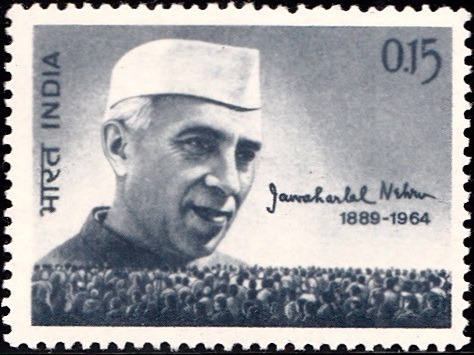
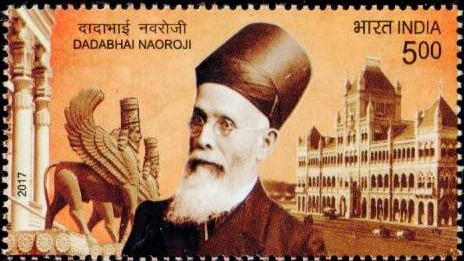
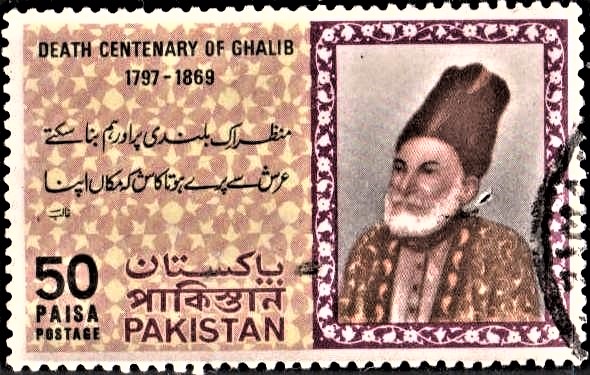
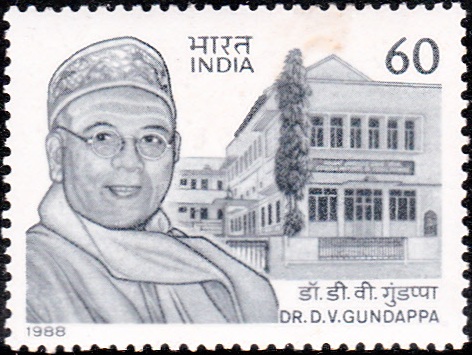
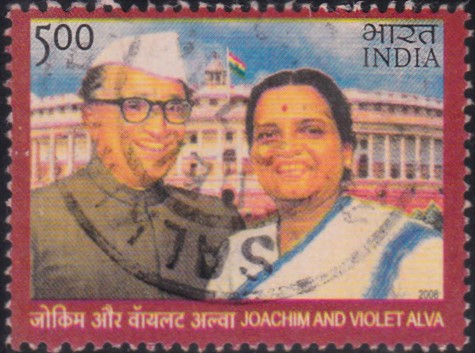
[…] towards the ideals of Servants of India Society and very much influenced by the writings of Gopal Krishna Gokhale, Bal Gangadhar Tilak, Surendra Nath Banerjee and other national leaders. He was very active right […]
[…] South Africa in 1915, Gandhiji established the Sabarmati Ashram in Gujarat. Then, on his mentor Gopal Krishna Gokhale’s advice, he embarked on a journey to discover India. He travelled all over the country, from […]
[…] on 2nd January, 1885 by William Wordsworth, the grandson of the great English poet. Hon. Gopal Krishna Gokhale and Maharshi Dhonde Keshav Karve – Bharat Ratna, have taught in this College, while Prof. V. […]
[…] years of his boyhood at Kundgol in the then Jamkhandi State. Later, he migrated at the instance of Shri G.K. Gokhale to Pune to study at the New English School. Later he obtained the degree of Bachelor of Arts in […]
[…] his Guru Gokhale, Sastri was firmly of the opinion that constitutional methods should be our only weapon for […]
[…] in the country. Renowned Constitutional experts like Dadabai Naoroji, Surender Nath Bannerjee and Gopal Krishan Gokhale, worked untiringly for setting up Parliamentary system of Government and for the growth of a […]
[…] a textile magnate, at the age of four. His two illustrious tutors Narayan Chandavarker and Gopal Krishna Gokhale instilled in him a high sense of patriotism. Later he joined Elphinstone College, Bombay but gave […]
[…] just for shouting ‘Vande Mataram‘. The fame of the song spread abroad also. When Gopal Krishna Gokhale visited South Africa in 1912, a mammoth gathering greeted him at Capetown with the slogan […]
[…] He was greatly influenced by the work of the Deccan Education Society under the leadership of Gopal Krishna Gokhale. As a result, a school was established at Satyabadi in the district of Puri. Gopabandhu became the […]
[…] a versatile genius. She counted among her friends and associates such diverse personalities as Gokhale, Sri Aurobindo, Rabindranath Tagore, Jagdish Chandra Bose and the artist Nandalal Bose. True to […]
[…] the request of Gopal Krishna Gokhale, he returned to India in 1915 and brought an international reputation as a leading Indian […]
[…] party was split between the moderates and extremists. Naoroji was a mentor to Bal Gangadhar Tilak, Gopal Krishna Gokhale and Mohandas Karamchand Gandhi. He was married to Gulbai at the age of eleven. He died in Bombay on […]